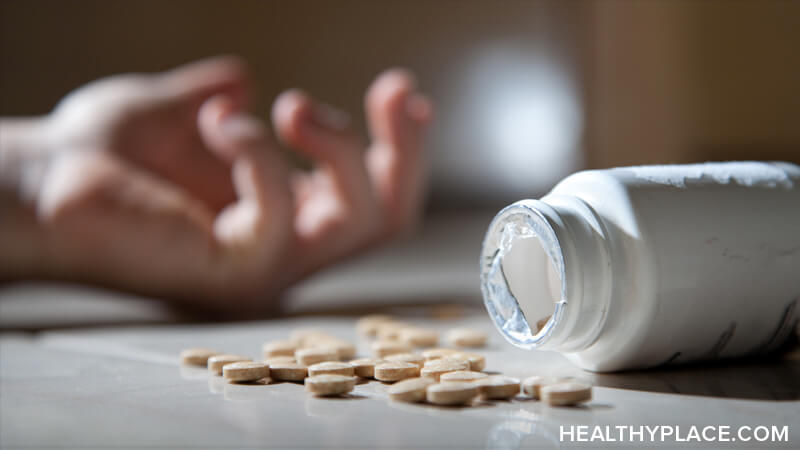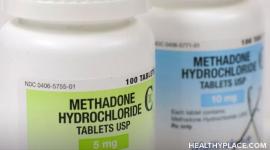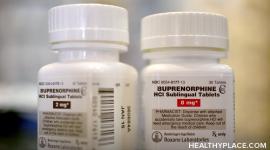Opioids Overdose: Symptoms and Treatment

Opioids overdose is the physical reaction to an amount of opioids in someone’s system that is too much for the body to handle. When opioids overdose occurs, the brain’s respiratory system slows down until it stops. The brain is deprived of oxygen and can suffer damage, and overdose can easily be fatal.
Opioids overdose can happen the very first time someone uses opioids drugs. An overdose happens quickly. According to the National Alliance of Advocates for Buprenorphine Treatment, “With opioids, there is a small window between euphoria and death.” People experience the high that comes from taking opioids, and if they have put too much in their bodies, they overdose. Without prompt medical treatment of the overdose, chances of dying are high (Opioids Epidemic: What You Need to Know).
The risk of overdose applies to everyone using any type of opioids, so it’s important to know the symptoms of opioids overdose as well as the available treatment. That said, the overdose risk isn’t the same in every group. Let’s take a quick look at who is susceptible to opioids overdose before diving into the symptoms and treatment.
Who is at Risk for Opioids Overdose?
As mentioned, anyone can experience an opioids overdose, whether he is taking them as prescribed for pain or as an illegal street drug for recreational purposes. While people who use opioids illegally are more likely to overdose, prescription opioid painkiller overdoses are on the rise. Between 1999 and 2008, overdose deaths from prescription painkillers tripled (Foreman, 2014). Some prescription painkiller overdoses occur among the people who were prescribed the opioid medication, while other painkiller overdoses are from diverted drugs, medications prescribed for one person but taken by someone else (Foreman, 2014).
Some people are more at risk for opioids overdose than others. Risk is higher among people who:
- Have an opioids dependence
- Have been prescribed a high dose of opioids painkillers
- Also take sedatives
- Have depression
- Live in a household where someone has prescription painkillers
- Have HIV or liver disease
- Inject opioids
- Take a dose that is higher than expected
- Use heroin that is contaminated
Signs, Symptoms of Opioids Overdose
Knowing opioids overdose symptoms and signs is crucial given that, after taking opioids, things can rapidly degrade to overdose and death. It’s fairly easy to spot someone who has overdosed. Experts advise looking for what is called the opioid overdose triad:
- Pinpoint pupils
- Unconsciousness
- Respiratory depression (extremely slow breathing)
The presence of these three symptoms of opioids overdose means medical attention is needed immediately.
Opioids Overdose Treatment Needed Quickly
Opioids overdose treatment is available, but it needs to happen quickly to avoid extensive brain damage or death. Treatment must be given by a qualified medical professional, for it involves the administration of an opioids antagonist, a medication that blocks opioid receptors, preventing other opioids from attaching and continuing to act in the brain and body, and reversing the suppression of breathing.
The primary antagonist used to treat opioids overdose is naloxone. It stops overdose and resumes normal breathing. It’s administered intravenously (IV), intramuscularly (into a muscle), subcutaneously (under the skin), or intranasally (through the nose).
Opioids overdose is not just treatable, it’s preventable. Take great care with prescription medication, working with your doctor to keep dosages as low as possible, and avoid the use of illicit drugs like heroin. While it’s true that opioids overdose can happen to anyone taking opioids, it isn’t inevitable.
APA Reference
Peterson, T.
(2021, December 16). Opioids Overdose: Symptoms and Treatment, HealthyPlace. Retrieved
on 2026, January 25 from https://www.healthyplace.com/addictions/opioid-addiction/opioids-overdose-symptoms-and-treatment



